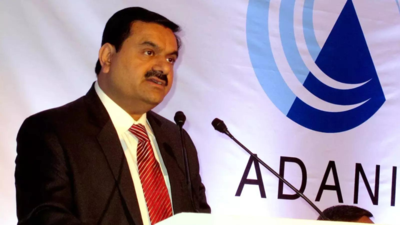DETROIT (AP) — Along a busy road in west Detroit, there’s little respite from the sun for residents stopping for gasoline, attending places of worship or bringing children to daycare. But a budding canopy of trees planted this year will change the look and feel of this corridor. Detroit and other cities are adding trees and green spaces as one way to blunt the impact of and heat waves that are .
The United Nations is urging governments, institutions and investors to prioritize sustainable cooling solutions that don’t further warm the planet, including planting trees for shade and using reflective building materials. The U.N.
Environment Programme and the International Finance Corporation for the developing world during U.N. General Assembly meetings.
It’s the latest U.N. effort to help countries and cities cool buildings without adding air conditioners, raise energy efficiency standards for cooling equipment and phase down highly-polluting refrigerants.
The goal is to get to near-zero emissions from cooling by 2050. “We’re faced with record-breaking temperatures. We need to save people from extreme heat,” said Lily Riahi, global coordinator for the .
“But we have to find a way to cool the planet in a way that doesn’t create more heat.” Globally, 20% of electricity is used for cooling. If nothing changes, the demand for equipment, such as air conditioners and refrigerators, is projected to triple by 2050, doubling electricity consumption and driving up emis.


















